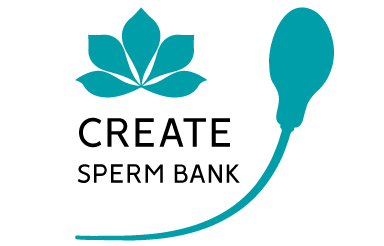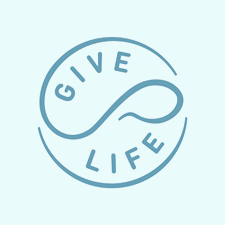During Reciprocal IVF/Shared motherhood, one partner (the ‘biological mother’) undergoes an IVF cycle using fertility medication, in order to collect her eggs which, she then donates to her partner. These donated eggs are fertilised with donor sperm to create embryos, and then the other partner (the ‘birth mother’) undergoes an embryo transfer with one of these donated embryos, in order to carry the pregnancy.
CREATE Fertility have supported many lesbian couples in having a baby. If you have any questions about Reciprocal IVF or how to start treatment, please contact our experienced team who will be happy to help.
Both female partners will need to have an ultrasound scan to assess their fertility and have a joint consultation to discuss the results and their best treatment options so please call us to book.










